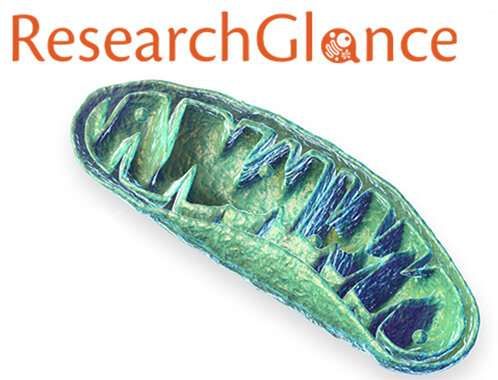The cells of most patients’ cancers are resistant to a class of drugs, called proteasome inhibitors, that should kill them. When studied in the lab, these drugs are highly effective, yet hundreds of clinical trials testing proteasome inhibitors have failed. Now scientists may have solved the mystery of these cells’ surprising hardiness. The key: Resistant cancer cells have shifted how and where they generate their energy. Using this new insight, researchers have identified a drug that resensitizes cancer cells to proteasome inhibitors and pinpointed a gene that is crucial for that susceptibility.
As cancer cells develop, they accrue multiple genetic alterations that allow the cells to quickly reproduce, spread and survive in distant parts of the body, and recruit surrounding cells and tissues to support the growing tumor. To perform these functions, cancer cells must produce high volumes of the proteins that support these processes. The increased protein production and numerous mutated proteins of cancer cells make them particularly dependent on the proteasome, which is the cell’s protein degradation machine. These huge protein complexes act as recycling machines, gobbling up unwanted proteins and dicing them into their amino acid building blocks, which can be reused for the production of other proteins.
Previously, researchers exploited cancer cells’ increased dependency on their proteasomes to develop anti-cancer therapies that inhibit the proteasomes’ function. Several distinct proteasome inhibitors have been developed, and when used in the lab, these proteasome inhibitor drugs are indeed highly effective at eradicating tumor cells. However, when administered to animal models or patients with cancer, such as multiple myeloma, proteasome inhibitors have limited efficacy and even initially vulnerable cancer cells quickly develop resistance to them. How do cancer cells so adroitly sidestep drugs that should kill them?
